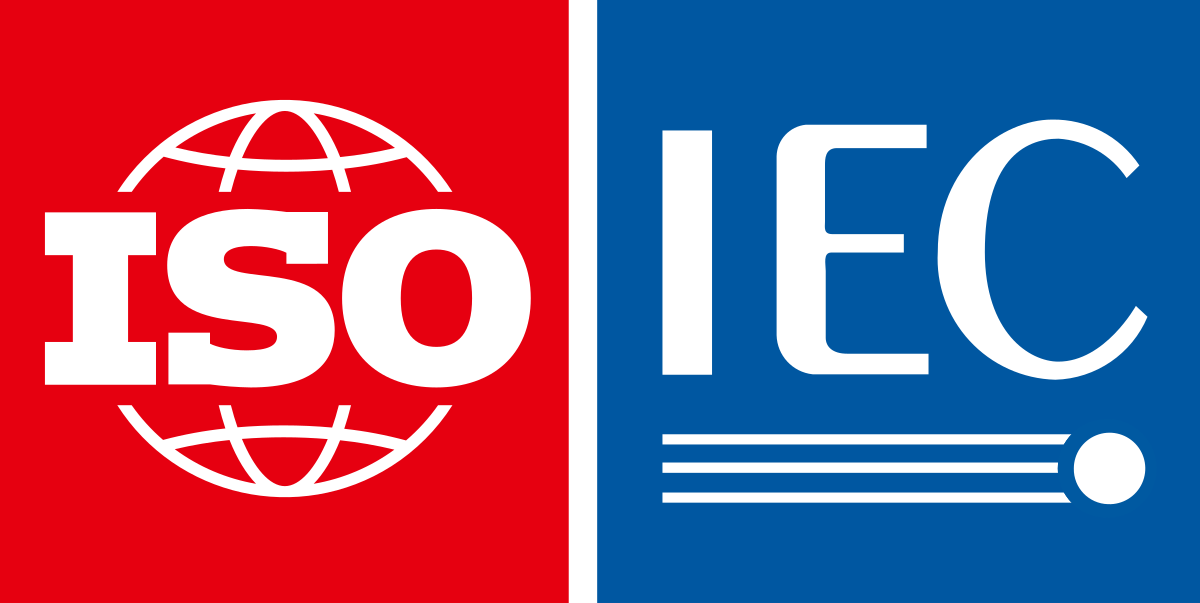Should I Hire a Marketing Agency or Keep It In-House?
Weigh the pros and cons of hiring an external marketing agency versus building an internal marketing team.
The Agency vs. In-House Dilemma
One of the most significant decisions businesses face is whether to outsource their marketing to an agency or build an in-house team. This choice impacts not just your marketing results, but also your budget, company culture, and long-term capabilities.
There's no one-size-fits-all answer. The right approach depends on your specific business needs, growth stage, budget, and marketing objectives. Let's explore the pros and cons of each option to help you make an informed decision.
Marketing Agency: Pros and Cons
Working with an external marketing agency offers distinct advantages and challenges:
Agency Advantages
- Access to specialized expertise across multiple disciplines
- Exposure to cross-industry insights and best practices
- Scalable resources without hiring/firing cycles
- Access to premium tools and technologies
- Objective outside perspective
- Faster implementation of campaigns
- No employee overhead costs
- Accountability for results
Agency Challenges
- Higher hourly/project rates than employees
- Potential lack of deep industry knowledge
- Split attention across multiple clients
- Less control over day-to-day activities
- Communication barriers and time zone issues
- Potential for misaligned incentives
- Learning curve to understand your business
- Contractual commitments
In-House Marketing: Pros and Cons
Building your own marketing team also has significant advantages and challenges:
In-House Advantages
- Deep understanding of your brand and industry
- Complete control over priorities and workflow
- Direct communication and faster internal feedback
- Ability to pivot quickly as business needs change
- Stronger team integration with other departments
- Potentially lower cost for full-time needs
- Builds internal knowledge and capabilities
- Easier access to subject matter experts within company
In-House Challenges
- Limited expertise in specialized areas
- Higher fixed costs (salaries, benefits, etc.)
- Resource constraints during busy periods
- Expensive tools and software subscriptions
- Recruiting and retention challenges
- Training and development expenses
- Potential for creative stagnation
- Slower scaling of marketing efforts
Cost Comparison: Agency vs. In-House
Let's break down the financial implications of both options:
Agency Cost Structure
- Retainer model: £2,000-10,000+ monthly for comprehensive services
- Project-based: £1,000-50,000+ depending on scope
- Performance-based: Base fee plus percentage of results
- Hourly rates: £75-200+ per hour depending on expertise
In-House Cost Structure
- Salaries: £25,000-100,000+ per specialist (plus benefits)
- Tools and software: £500-2,000+ monthly
- Training and development: £1,000-5,000+ annually per employee
- Recruitment costs: £3,000-10,000+ per hire
Sample Cost Scenario
For a mid-sized business needing comprehensive digital marketing:
Cost Comparison: Full-Service Digital Marketing
Agency Approach
- Monthly retainer: £5,000
- Ad spend management: Included
- Tools and software: Included
- Annual cost: £60,000
In-House Approach
- Marketing manager: £45,000
- Digital specialist: £35,000
- Tools and software: £12,000
- Annual cost: £92,000+
Decision Framework: What's Right for Your Business?
Here's how different business scenarios might influence your decision:
Early-Stage Startup
Limited budget and changing needs require flexibility without fixed costs
Key Consideration: Look for agencies with startup experience and flexible payment terms
Growing SMB
Balance of control and expertise as marketing needs become more complex
Key Consideration: Start with marketing manager who can coordinate agency relationships
Enterprise Company
Complex needs require dedicated team, but agencies bring fresh perspective
Key Consideration: Agencies should complement in-house capabilities, not duplicate them
E-commerce Business
Day-to-day marketing operations need constant attention, but benefit from external creative
Key Consideration: Ensure seamless data sharing between in-house team and agency
Professional Services
Content requires deep industry knowledge, but distribution benefits from specialized expertise
Key Consideration: Clear content approval processes are essential
Seasonal Business
Flexible capacity to handle seasonal fluctuations without overstaffing
Key Consideration: Establish year-round agency relationship for consistent support
The Hybrid Approach: Best of Both Worlds
Many successful businesses are finding that a hybrid approach—combining in-house talent with agency expertise—offers the best solution. Here's how to divide responsibilities effectively:
| Marketing Area | In-House Responsibility | Agency Responsibility |
|---|---|---|
| Strategy & Planning | Business goals, brand guidelines, industry knowledge | Market research, competitive analysis, channel strategy |
| Content Creation | Product knowledge, thought leadership, customer stories | Design, video production, copywriting, creative concepts |
| Paid Advertising | Campaign approval, budget management, performance review | Campaign setup, optimization, creative testing, reporting |
| Social Media | Community management, customer service, company updates | Content calendar, creative assets, paid social campaigns |
| SEO | Content publishing, internal linking, basic on-page SEO | Technical SEO, keyword research, link building, strategy |
How to Choose the Right Agency
If you decide to work with an agency, here's how to find the right partner:
Agency Selection Criteria
- Industry experience: Have they worked with similar businesses?
- Specialization: Do they excel in the specific services you need?
- Case studies: Can they demonstrate measurable results?
- Team composition: Who will actually work on your account?
- Cultural fit: Do their values and communication style match yours?
- Pricing model: Is their fee structure transparent and aligned with your goals?
- Client references: What do their current clients say about them?
Red Flags to Watch For
- Guaranteed results: No ethical agency can promise specific outcomes
- Lack of transparency: Unclear about processes or reporting
- No clear contract: Vague terms or excessive lock-in periods
- Poor communication: Slow responses during the sales process
- Outdated portfolio: Work examples that aren't current
Building an Effective In-House Team
If you're leaning toward building an in-house team, here's how to do it right:
Essential Roles to Consider
- Marketing Manager/Director: Oversees strategy and execution
- Content Creator: Produces blogs, social posts, videos, etc.
- Digital Marketing Specialist: Manages paid campaigns and analytics
- Graphic Designer: Creates visual assets for all channels
- SEO Specialist: Optimizes content and website for search
Building Process
- Start with a leader: Hire a marketing manager first
- Identify gaps: Determine the most critical skill needs
- Hire strategically: Prioritize versatile talent initially
- Develop processes: Create workflows and documentation
- Invest in tools: Provide the right software and resources
- Ongoing training: Keep skills current with regular development
The Bottom Line: Making Your Decision
There's no universal right answer to the agency vs. in-house question. The best approach depends on your specific business situation, goals, and resources.
For many businesses, the journey often follows this progression:
- Early stage: Freelancers and specialized agencies
- Growth stage: Marketing manager + agency partnerships
- Established stage: Core in-house team + specialized agency support
- Enterprise stage: Comprehensive in-house team with agency innovation partners
Whatever you decide, remember that marketing is not a fixed cost but an investment that should generate measurable returns. Choose the approach that gives you the best ROI and aligns with your long-term business strategy.



